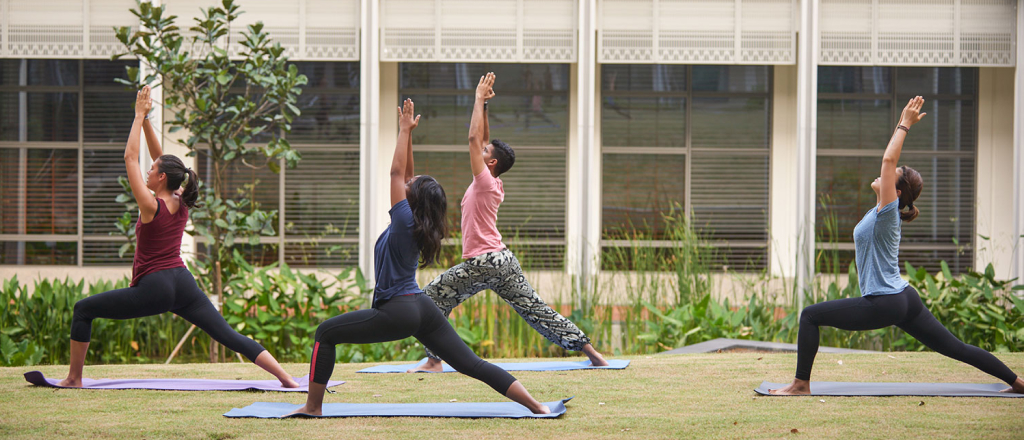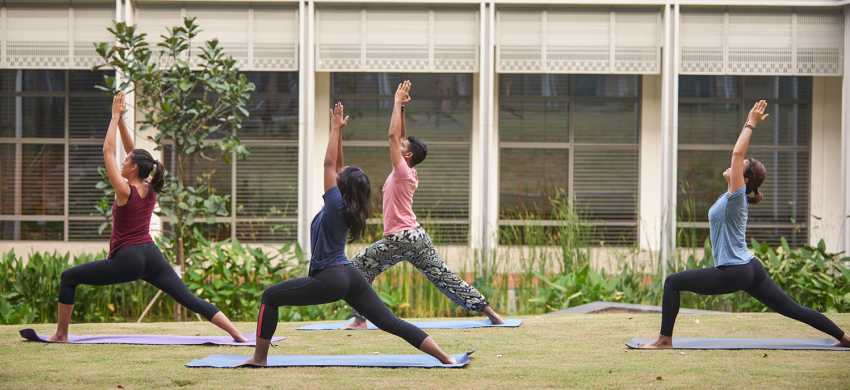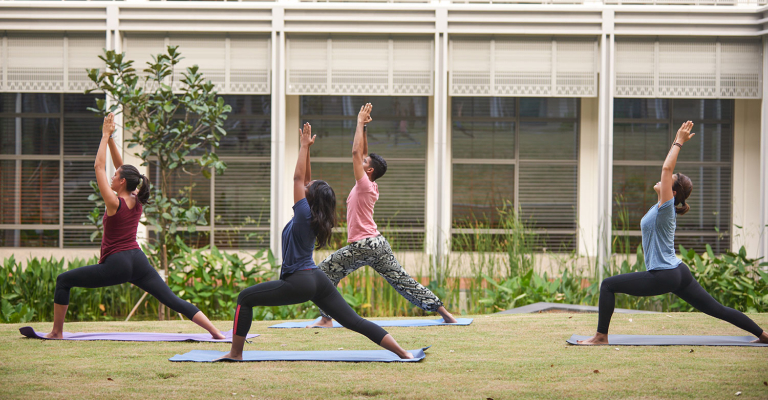Getting enough quality sleep is crucial for performing your best.
Lack of sleep has a significant impact on brain function, health, safety, and longevity. Sleep itself can actually improve mental function, and researchers are discovering that it is vital for learning and memory. Most adults need about 7-9 hours of sleep each night.
Consider adjusting your sleep habits if you experience the following:
- Feeling tired often
- Falling asleep in class
- An inability to focus in class or while doing other tasks, like studying or doing schoolwork
- Consistently pulling “all-nighters” (i.e. studying or working on schoolwork all night)
- Consistently going to bed later than you want
- An inconsistent sleep schedule that changes often
- Having to drag yourself out of bed in the morning
Getting a good night’s sleep has many benefits, including:
- An improved ability to focus
- An improved ability to remember and retain new information
- An improved immune response, making it easier for your body to fight off illnesses
- Completing tasks, like studying or taking exams, becomes easier
- You’ll feel good and are less likely to feel anxious, irritable, sad, or worried
You can also ease into better quality of sleep by practising the following:
- Develop a sleep routine by going to bed and getting up at approximately the same time each day.
- If you get up during the night to use the bathroom, it is best if you do not turn on lights as it may disrupt your biological body clock. Instead, try using a night light in the bathroom.
- A healthy, balanced diet will help you to sleep well, but timing is important. Try not to eat or drink too much too close to your bedtime.
- Do a relaxing activity before bedtime (e.g., read, listen to quiet music, do a craft, watch something non-emotionally arousing on television, deep breathing, muscle relaxation, imagery).
- Limit late night electronics: TV and video games can be over-stimulating, making it difficult to fall asleep. In addition, the glow from electronic devices can inhibit natural sleep cycles.
- Regular exercise will improve restful sleep. This includes stretching and aerobic exercise.
- Restrict caffeine (found in in coffee, tea, cola drinks, chocolate, and some medication) and nicotine after 3pm.
Source: Change Anything: The New Science of Personal Success by Kerry Patterson, Joseph Grenny, David Maxfield, and Ron McMillan




